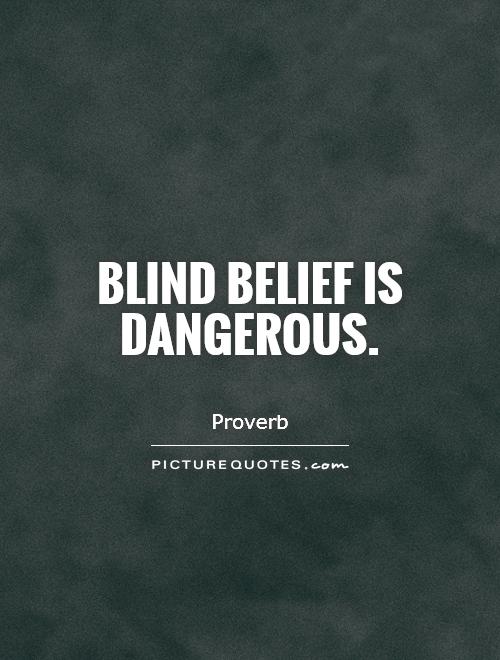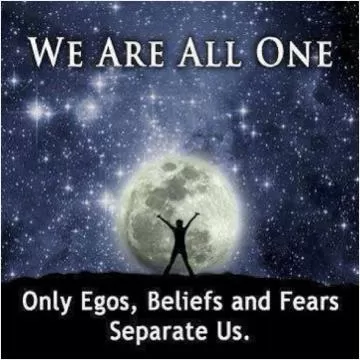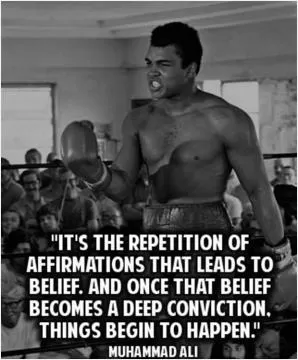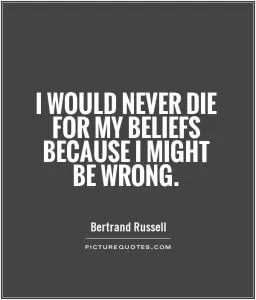Blind belief is dangerous

Blind belief is dangerous
The proverb "blind belief is dangerous" serves as a cautionary reminder of the potential risks associated with unquestioning faith or trust in something or someone. Blind belief refers to the act of accepting something as true without evidence or critical thinking. It can lead individuals to make decisions based on faith alone, without considering the consequences or potential harm that may result.One of the most significant dangers of blind belief is the susceptibility to manipulation and exploitation. When individuals blindly believe in something or someone, they are more likely to be swayed by persuasive rhetoric or false promises. This can make them vulnerable to being taken advantage of by those with malicious intentions. For example, cult leaders often prey on individuals who have blind faith in their teachings, leading them to make harmful decisions or engage in dangerous behaviors.
Blind belief can also hinder personal growth and development. When individuals do not question or critically evaluate their beliefs, they may miss out on opportunities for learning and self-improvement. By blindly following a set of beliefs or ideologies, individuals may limit their ability to think independently and make informed decisions. This can lead to a narrow-minded worldview and a lack of openness to new ideas or perspectives.
Furthermore, blind belief can lead to conflict and division among individuals and communities. When people hold steadfast to their beliefs without considering alternative viewpoints, it can create barriers to communication and understanding. This can result in intolerance, prejudice, and even violence towards those who hold different beliefs. In extreme cases, blind belief can fuel extremism and radicalization, leading to acts of terrorism and violence.












 Friendship Quotes
Friendship Quotes Love Quotes
Love Quotes Life Quotes
Life Quotes Funny Quotes
Funny Quotes Motivational Quotes
Motivational Quotes Inspirational Quotes
Inspirational Quotes